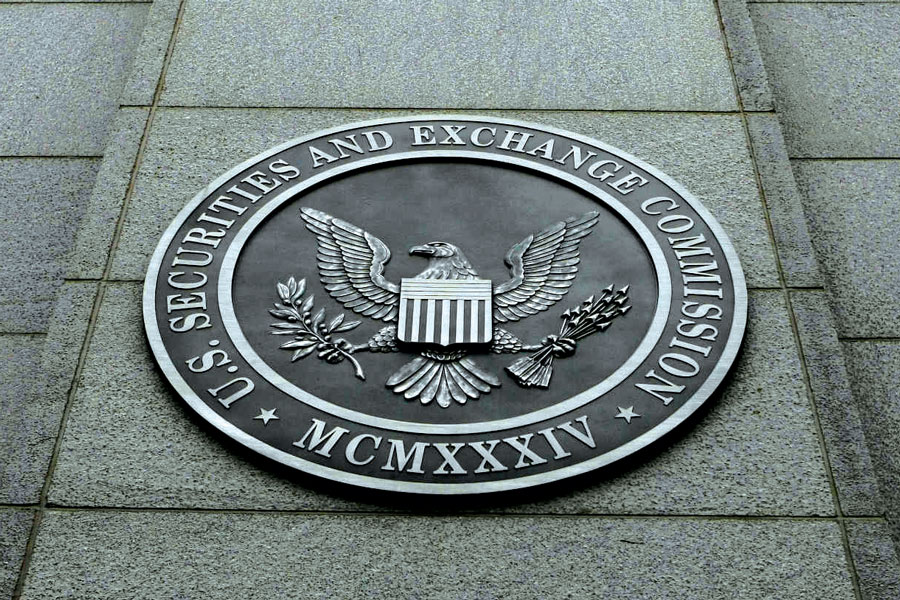Crypto Crackdown: State AG Targets Financial Frontier

The cryptocurrency landscape is experiencing a significant shift as state attorneys general increasingly take center stage in regulating the digital finance industry. Each state is now wielding its legal authority to investigate and enforce cryptocurrency-related activities, creating a complex and dynamic regulatory environment.
A prime example of this emerging trend is the recent investigation by the Florida Attorney General into Robinhood, which underscores the growing scrutiny faced by financial technology companies in the crypto space. This development signals a critical message to industry participants: they must be prepared to navigate a increasingly intricate web of state-level regulatory actions.
Unlike federal regulations, state-level investigations reflect unique local priorities and perspectives, leading to a patchwork of enforcement approaches. Cryptocurrency companies now find themselves needing to adapt to a multifaceted regulatory landscape where compliance strategies must be tailored to individual state requirements.
As the digital finance sector continues to evolve, these state-led initiatives represent a crucial mechanism for consumer protection and industry accountability. Financial technology firms must remain vigilant, proactively understanding and addressing the diverse regulatory expectations across different jurisdictions.








